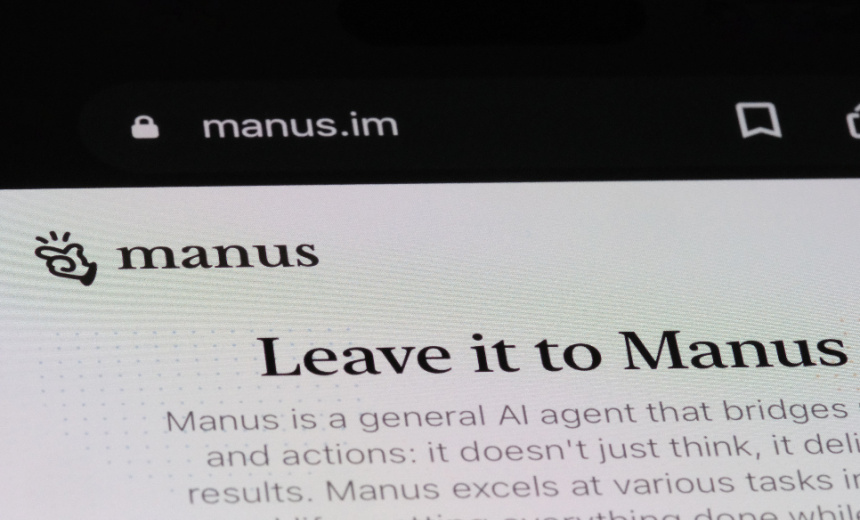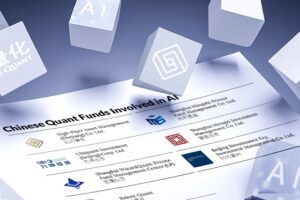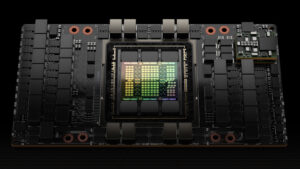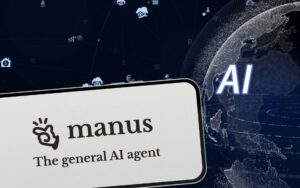Excitement or Genuine Advancement in Autonomous Intelligence?

Understanding Agentic AI: What It Means for the Future
Introduction to Manus AI
The field of artificial intelligence (AI) has witnessed significant advancements in recent years. A new player in this arena is the Chinese startup, Monica, which has launched a fascinating product called Manus. This AI model is being touted as a potential leap towards Artificial General Intelligence (AGI) and presents a unique approach to automation that distinguishes it from more conventional AI systems.
What is Manus AI?
Manus is designed to function as an independent agent capable of executing complex tasks without awaiting human input. Unlike traditional AI models such as OpenAI’s ChatGPT or Google’s Gemini, which rely heavily on prompts and responses, Manus operates autonomously. It can perform a variety of tasks such as:
- Real Estate Scouting: Analyzing property data and preferences to compile listings.
- Stock Analysis: Conducting detailed investigations and correlation analyses of different stocks.
- Resume Sorting: Evaluating job applications and ranking candidates based on specific criteria.
Manus can smoothly execute multi-step processes by coordinating various sub-agents, much like an executive managing a team of professionals. This proactive capability allows it to handle workflows ranging from filling out forms to gathering information via web scraping.
Unique Features of Manus AI
Manus stands out because of its self-sufficiency. Here are some key aspects that make it different:
- Autonomous Operation: Manus can execute tasks independently, reducing reliance on human input.
- Task Execution: It doesn’t just provide information; it takes action, making it capable of completing complex workflows.
- Multiple Sub-agents: This system can handle various aspects of a task simultaneously, enhancing efficiency.
Claims and Capabilities
The creators of Manus assert that it represents a new phase in human-machine collaboration. Yichao Ji, the chief scientist behind Manus, describes it as more than a simple programming tool or chatbot—it’s a fully autonomous agent that could be a step toward AGI.
Performance Benchmarks
Manus has reportedly outperformed other AI models like OpenAI’s Deep Research in specific evaluations for agentic tasks. However, real-world performance has been mixed. Early users have shared experiences ranging from impressive capabilities to frustrations with:
- Slow response times
- Factual inaccuracies
- Endless processing loops
Some users have also raised concerns about Manus’s reliability due to inconsistent citation of sources.
Growing Interest in Autonomous AI
The growing excitement surrounding Manus underscores a broader interest in autonomous AI agents—systems designed to operate independently with minimal human intervention. These agents have the potential to transform various sectors, including:
- Finance: Automated trading and financial analysis
- Legal Research: Document review and case analysis
- Customer Service: Handling inquiries without human agents
- Software Development: Automating coding tasks
Other companies like OpenAI and Anthropic are also developing similar functionalities, but Manus claims to provide a more comprehensive solution for autonomous workflow execution.
Comparisons with Existing Technologies
Manus has drawn comparisons to other notable AI models, particularly China’s DeepSeek, which initially generated excitement for its energy efficiency. However, DeepSeek faced issues with security vulnerabilities and exaggerated claims. Unlike DeepSeek, Manus does not rely on its foundational models; instead, it utilizes existing AI architectures.
Data Privacy and Security Concerns
There are significant concerns regarding data protection, particularly given that Manus is based in China but maintains a legal presence in Singapore. Questions that arise include:
- The location of Manus’s servers
- Any affiliations with Chinese corporations
- The handling of data transfers to China
These issues highlight the need for clarity around data security practices associated with Manus AI. As an invite-only platform, access to Manus is limited, and invites have reportedly sold for substantial amounts, adding to its mystery and speculation.
Understanding Manus AI and its implications for the future of automation provides insight into the potential changes in how we approach various tasks in both personal and professional settings.






